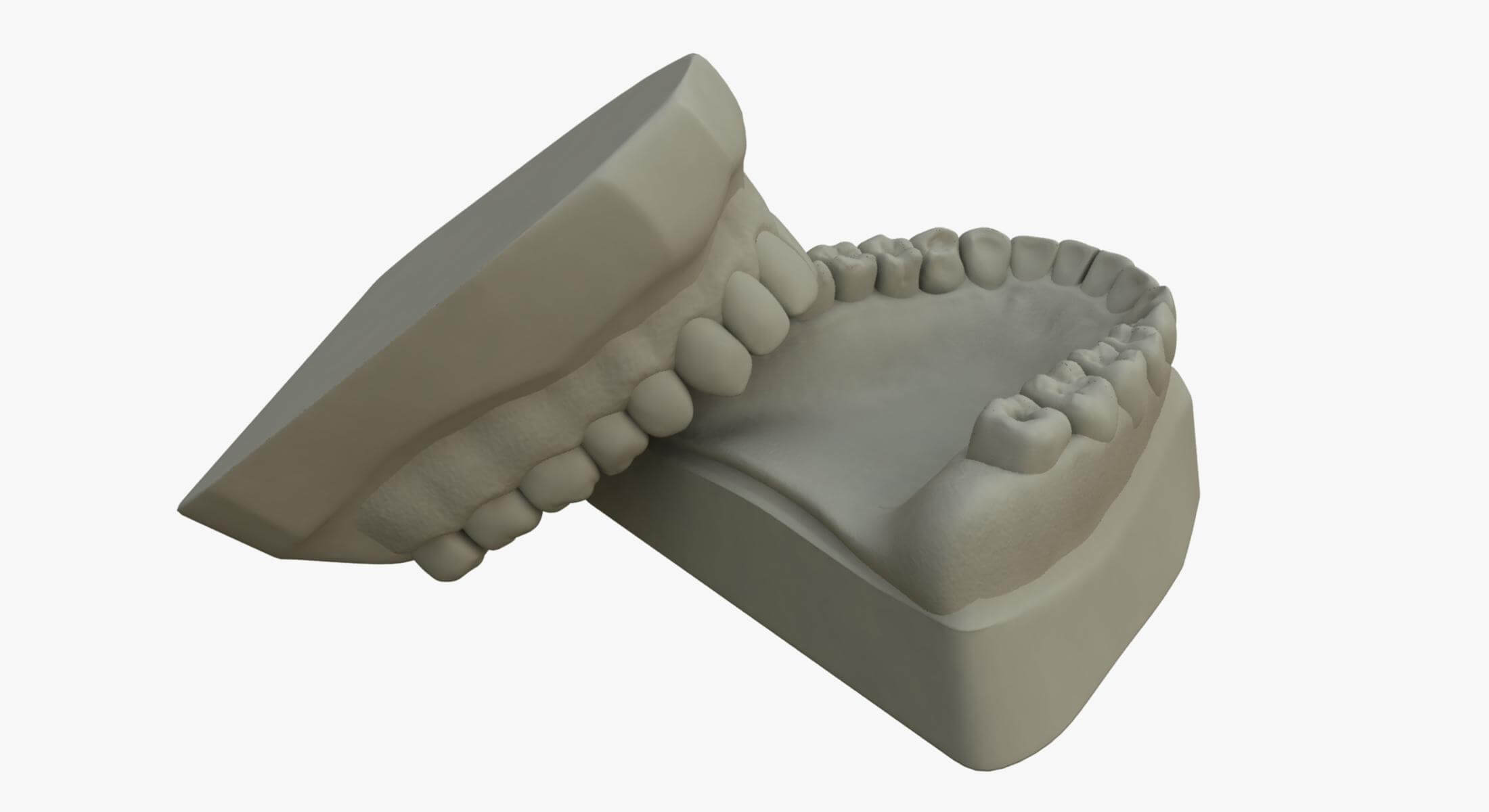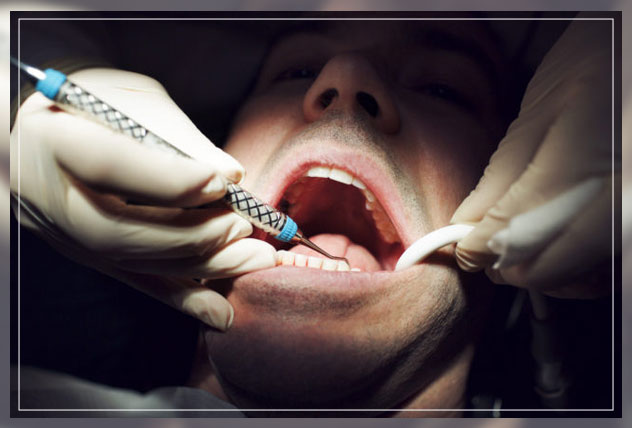Mold In Teeth

The presence of mold in teeth is a rare but potentially serious condition that can have significant implications for oral health. To understand this issue, it’s essential to delve into the causes, symptoms, and treatments of mold in teeth, as well as the broader context of oral health and the importance of preventative care.
Firstly, it’s crucial to acknowledge that teeth are not a common habitat for mold. Mold typically thrives in damp, poorly ventilated environments with ample nutrients. However, certain conditions can create an environment within the mouth that is conducive to mold growth. For instance, individuals with poor oral hygiene, those who wear dentures, especially if they do not clean them regularly, and people with compromised immune systems may be more susceptible to mold growth in their teeth or around their dentures.
One of the primary ways mold can manifest in relation to teeth is through the development of denture stomatitis, a condition often associated with the wearing of dentures. This condition is characterized by inflammation of the mucous membrane underneath the denture, which can be caused by a variety of factors including poor denture hygiene, allowing Candida (a type of fungus) to overgrow. While Candida is a yeast and not technically a mold, the principle of fungal overgrowth leading to oral health issues is relevant.
Symptoms of mold or fungal infections in the mouth can include:
- Visible signs of mold or fungal growth on the teeth or dentures
- Redness and inflammation of the gums or the mucous membranes
- Bad taste or breath
- Discomfort or pain while wearing dentures
- Increased sensitivity of the teeth or gums
It’s vital to address any suspected mold growth in the mouth promptly. Treatment typically involves improving oral hygiene practices, which may include more frequent brushing and flossing of natural teeth, and thorough cleaning and disinfection of dentures. In some cases, antifungal medications may be prescribed to combat the infection.
Prevention is key in managing the risk of mold growth in the teeth. This includes maintaining good oral hygiene by brushing and flossing teeth regularly, cleaning dentures daily, and storing them in a disinfecting solution when not in use. Regular dental check-ups are also crucial for early detection and treatment of any oral health issues, including those that could lead to an environment conducive to mold growth.
Understanding Mold Growth
Mold growth is facilitated by moisture, nutrients, and suitable temperatures. In the context of oral health, this means that any condition which leads to an accumulation of debris, poor airflow, or increased moisture retention around the teeth or dentures can potentially lead to mold growth. Therefore, understanding and managing these factors is critical in preventing mold from becoming a problem.
The Importance of Oral Hygiene
Oral hygiene is the cornerstone of preventing a wide range of dental and oral health issues, including those related to mold growth. Brushing teeth at least twice a day with fluoride toothpaste, flossing once a day, and regular dental check-ups can significantly reduce the risk of oral health problems. For individuals with dentures, ensuring they are cleaned and disinfected as recommended by a dental professional is vital.
Addressing Underlying Conditions
In some cases, mold growth in the teeth or mouth may be a symptom of an underlying condition that needs to be addressed. For example, diabetes, which can lead to dry mouth (xerostomia), creating an environment more susceptible to fungal infections. Managing such conditions, under the guidance of a healthcare provider, is essential for overall oral health.
Conclusion
While mold in teeth is a rare condition, it underscores the importance of diligent oral hygiene and regular dental care. By understanding the factors that contribute to mold growth and taking proactive steps to prevent them, individuals can significantly reduce their risk of developing oral health issues related to mold. Furthermore, being aware of the symptoms of mold or fungal infections and seeking professional dental advice promptly if any concerns arise is crucial for maintaining good oral health.
Frequently Asked Questions
What are the common symptoms of mold in teeth?
+Common symptoms include visible mold, bad taste or breath, inflammation of the gums, and discomfort or pain, especially when wearing dentures.
How can I prevent mold from growing on my teeth or dentures?
+Prevention involves good oral hygiene practices such as regular brushing and flossing of natural teeth, thorough cleaning and disinfection of dentures, and regular dental check-ups.
Are there any home remedies for treating mold on teeth or dentures?
+While some home remedies may help in mild cases, such as vinegar soaks for dentures, it’s crucial to consult a dental professional for proper diagnosis and treatment to prevent complications and ensure effective removal of the mold.

